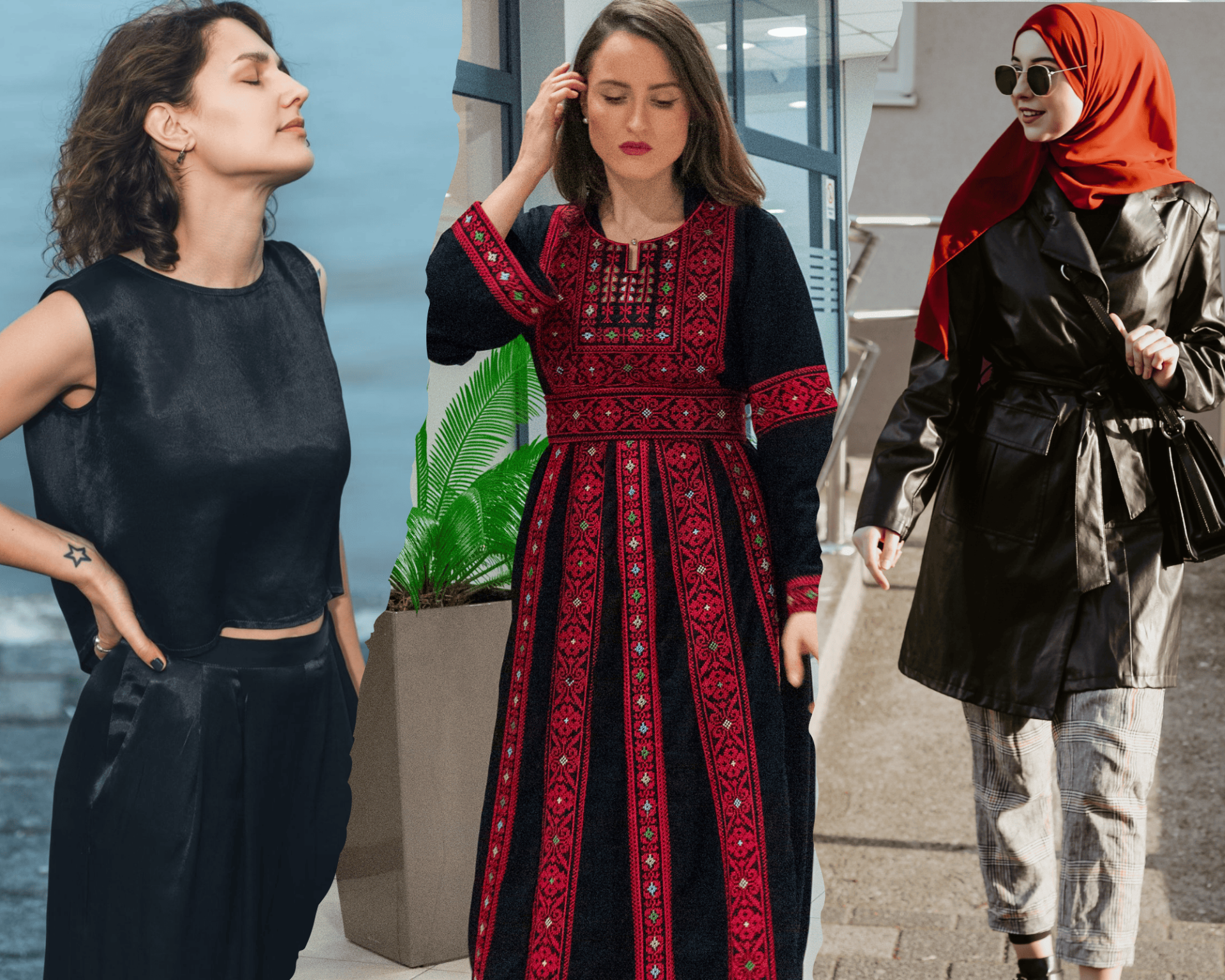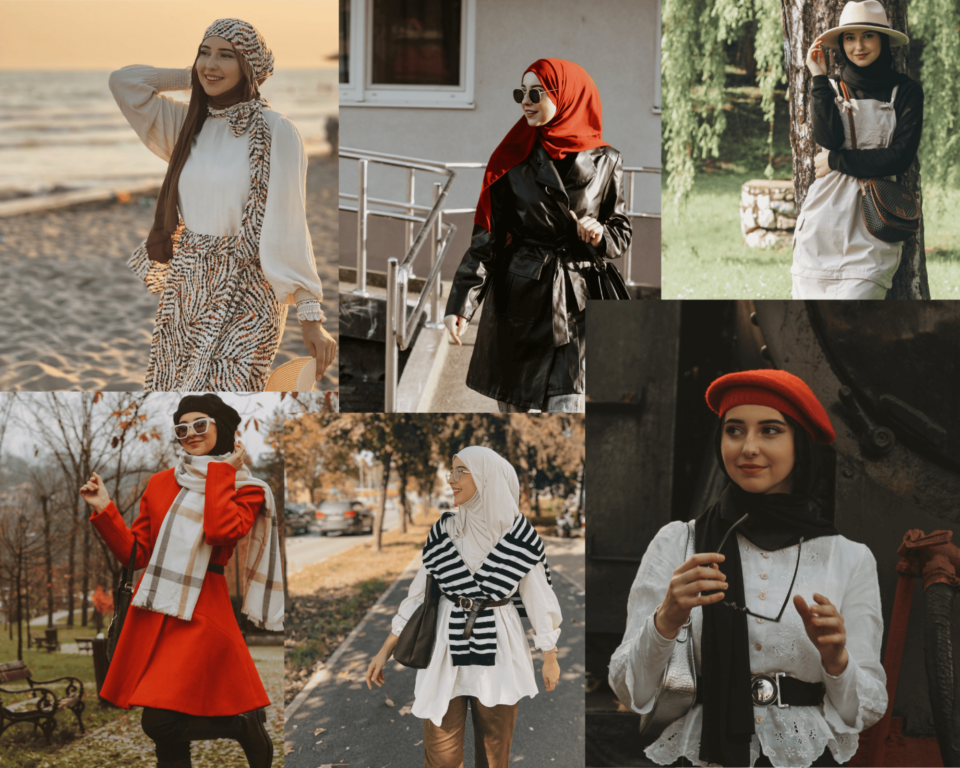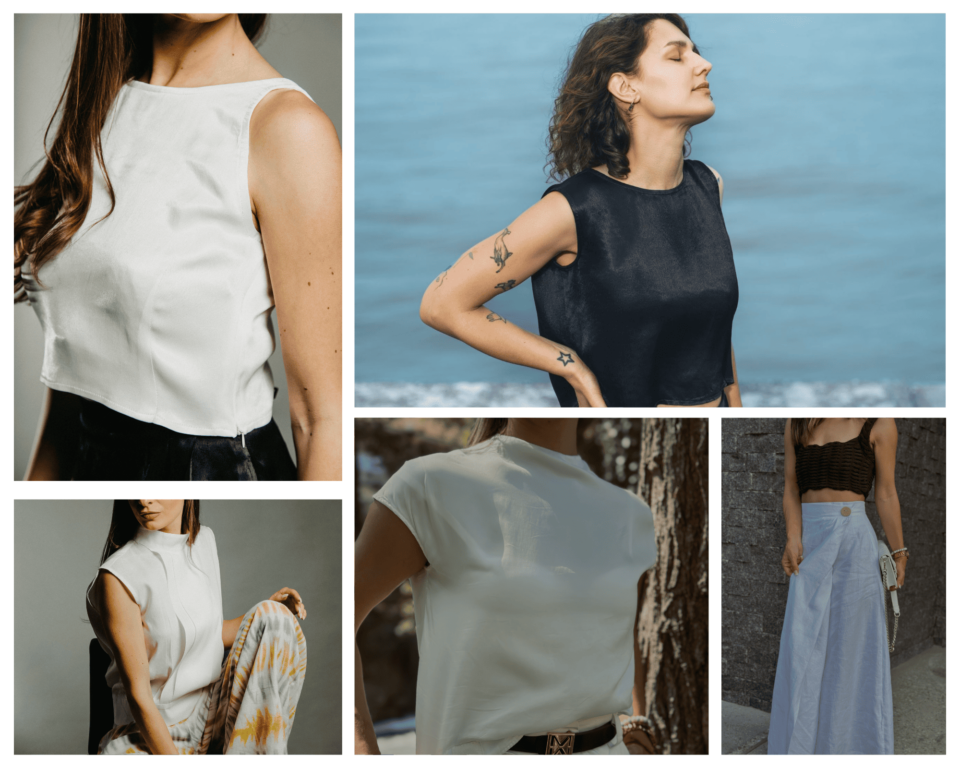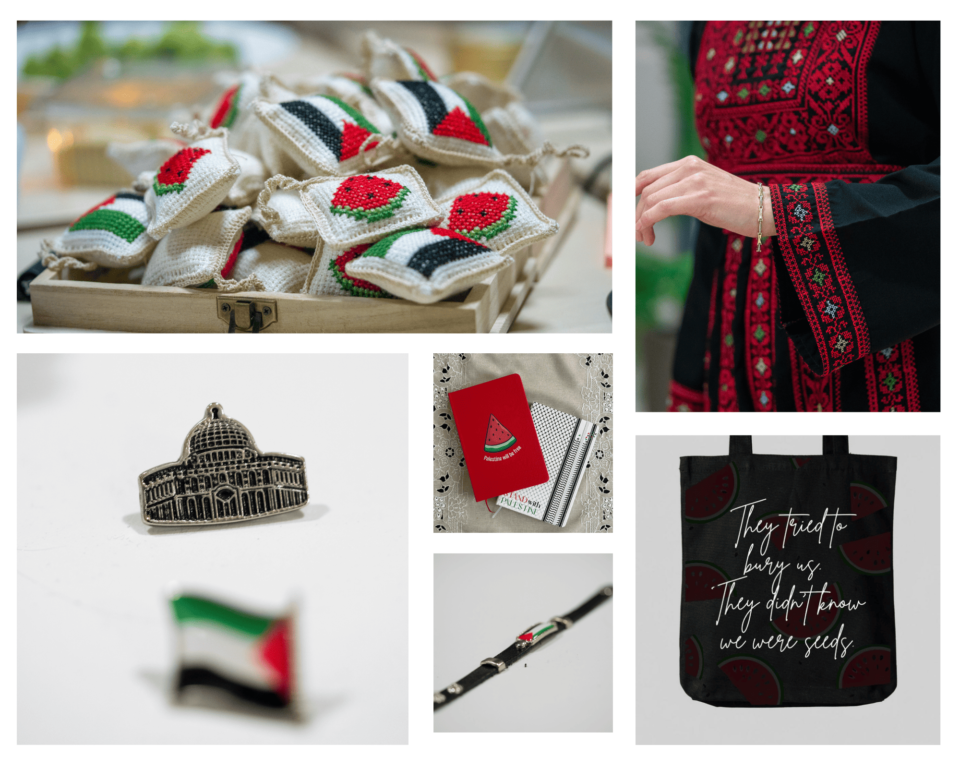
Although the fashion industry produces huge amounts of waste and contributes to the climate crisis, there are more and more brands showing that fashion can be about much more than superficial trends: it can be a tool of resistance in the fight against consumerism, injustice, and social problems.
In Bosnia and Herzegovina, thrift shop culture, eco-friendly brands, and fashion activism strive to change the way we look at clothes, but also to be voices of resistance, social change, and health.
Adna Hasanović, better known as Adanah on social media, has been using TikTok for two years to show that second-hand clothes can be both stylish and meaningful. Her “flea market finds” have attracted those who value unique items and sustainable approaches to fashion.
“In a thrift shop, I pay much less and get a higher quality and more unique item. It’s a combination of useful and fun. We can save money, express our style, and choose something unique, all at the same time,” said Adna.

She explained that thrifting helps mitigate the fashion industry’s negative impact by reducing the amount of waste and resources used in mass production. Although it seems like a small step at the individual level, Adna believes that, collectively, thrift culture can have a major impact on sustainability.
On social media, she also breaks down stigma about second-hand clothes. She laughs off negative comments, replying: “There’s nothing wrong with second-hand clothes. We disinfect them, wash them, and they’re ready to be worn again.” For her, fashion also has a broader social significance because it can carry messages that raise awareness about social problems, such as the war in Gaza, violence against women, or inequality. “Style can be a form of social engagement,” Adna points out.
From Food Scraps to Fashion
While thrifting gives clothes a “new life,” the brand Magbago, founded by Tamara Đurić from Bijeljina, takes an innovative approach to creating new clothes from natural and recycled materials.
Tamara’s inspiration comes from her own experience and memories of a time when the textile industry in Bosnia and Herzegovina produced clothes that lasted for decades. “I asked myself: Is it normal that something I found in the attic that was bought almost four decades ago is higher quality than something I bought just a few months ago?” said Tamara.

Due to her eczema, she was forced to look for clothing made from natural materials, which led her towards sustainable fashion. Today, her brand Magbago uses fabrics made from orange and banana peels, lotus seeds and milk, industrial hemp, merino wool, and deadstock silk. They even make buttons from eggshells or coconut instead of plastic.
“Our materials are completely biodegradable, which means that when they complete their life cycle, they naturally decompose without leaving microplastics. In addition to being gentle on the skin, they are in harmony with nature,” explains Tamara.
For her, fashion isn’t just about aesthetics; it’s also about social transformation. “With Magbago, I want to offer women the opportunity to express their views through clothing— about health, nature, and sustainability. It’s a silent but powerful form of resistance and self-affirmation,” Tamara emphasized.
Fashion as a Call for Justice
Sarajevo’s Carry for Palestine initiative shows that fashion can be a tool of political activism. This group of young women has been sending messages of solidarity with Palestine through bags, T-shirts, and brooches since October 7th last year. “Our bags aren’t just a fashion accessory—they’re also a symbol of justice, resistance, and hope,” said Carry for Palestine founder Nusreta Gabeljić.
They choose their symbolism carefully: Palestinian flag colors, watermelon motifs, designs inspired by Palestinian women or the songs of murdered artists. Each piece tells a story and creates an occasion for conversation. “Fashion has the power to be universally recognized, and when we combine it with activism, it becomes a megaphone that speaks without words,” emphasized Nusreta.

The public reception confirms the power of this approach, with Carry for Palestine products worn by thousands of young people around the world. The proceeds from their sales go directly to helping Palestinians.
Adna, Tamara, and Carry for Palestine demonstrate that fashion can be much more than a passing trend. It can provide a space for creativity, dissent, raising awareness on social issues, or supporting a certain community. Thrifting to reduce waste, making clothing from natural materials, and sending a message of solidarity with a tote—these are all these examples of ways fashion in Bosnia and Herzegovina is no longer merely an expression of style, but also a tool for change.






